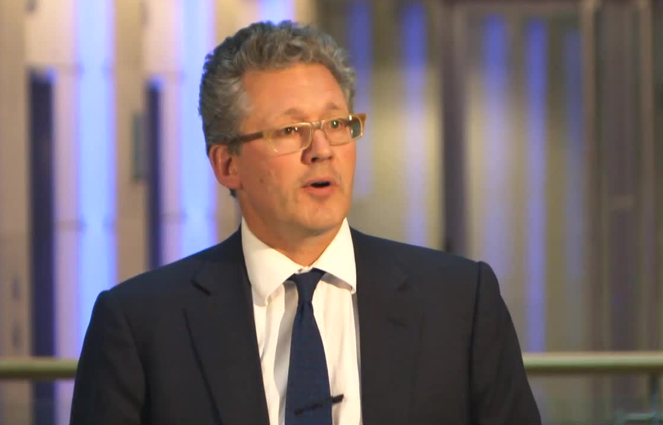Looking into 2015, it’s a good moment to review both the most important issues of 2014 and the challenges we face for next year. Philip Saunders, Co-Head of Multi-Asset at Investec Asset Management highlights the outlook for 2015, which will come marked by a deflationist environment and the strength of equity markets.
What has surprised you the most in 2014?
I think what has surprised me the most was the market’s resilience to macro negatives throughout most of 2014 until October. We saw a long period when we did not see any meaningful correction despite some fairly serious threats in the form of ISIS and energy, lacklustre European growth and the weakness of the Chinese economy. In the autumn we saw a more conventional correction and that, I think, is generally healthy for the markets.
What is your outlook for global growth for 2015?
Our outlook for global growth in 2015 is relatively constructive. We think some of the concerns about economic weakness in the short term are overdone. Although we are not expecting a blisteringly strong global economy in 2015 it should continue to register positive growth in the vicinity of just over 3% internationally, which is very similar to the experience we have had over a number of years. The composition of that growth has shifted. It has moved away from emerging economies, where we have seen weaker growth, towards a stronger US economy, which seems to be firing on a lot of domestic cylinders, including energy. Weakness in China will probably continue, but it is a growth recession and we think that expectations for Europe are excessively negative. We think the general growth backdrop will be supportive for equity markets. The global economy is not going to race away and we think that interest rates are likely to remain low. Inflation prints around the world are likely come in at pretty low levels allowing central banks to pursue easy monetary policies, which should support growth.
What type of growth are we currently seeing and how does this affect market cycles?
The kind of growth we are currently seeing is pretty anaemic and unbalanced. Many economies are at different points in cycles, which we call asynchronous growth, i.e. it is not synchronised and therefore it is still positive, but it is not as dynamic as we have seen in periods in the past when all economies have tended to strengthen on a coordinated basis. That is quite good for investors because overly strong growth tends to result in inflation, which tends to encourage central banks to tighten policy. We are not seeing that and we do not think that we will see that for some time. Low inflation, low interest rates and a long economic cycle are constructive for equity markets in particular and also means that real long-term interest rates do not have to rise as much as would otherwise have to be the case.
What are the biggest risks to these views?
We think that the biggest risk is on the deflationary side rather than the inflationary side. We think that inflation is unlikely to be a problem because we are in a fundamentally disinflationary environment. Global growth is unbalanced at the moment because it is overly dependent on the performance of the US economy. We think the US economy is going to perform just fine and that will help to underpin growth internationally at a time when other economies are having to adapt. However, if the US economy were to weaken significantly that would compromise our global growth outlook, which will raise risks and affect corporate earnings. Our equity view depends on constructive corporate earnings. In practice, the corporate sector is performing better than national economies and we expect that to continue.
How are you positioning your portfolios?
Our portfolios currently reflect a strategic bias towards equities. We think that equity markets are fairly valued at current levels and we think that they are supported generally by an improving earnings dynamic. We also prefer equities within the growth space to other growth assets, such as high yield bonds or emerging market debt. The skew towards equities is less than in the post summer of 2012 period, but is still positive. That is balanced by defensive assets. We continue to be happy to hold bonds, even though yields are relatively low at the moment, simply because we see the principal risk to our primary scenario as being a deflationary one. This would result in undermining the prospects of earnings and it would mean that yields would fall even lower than they are at currently.


